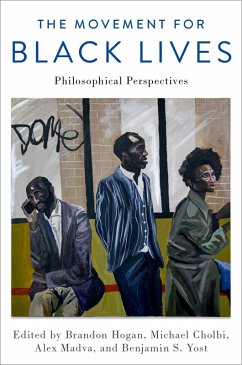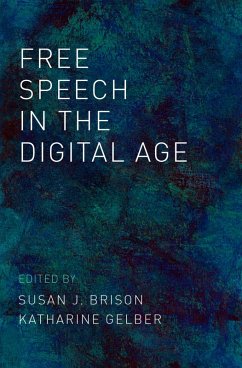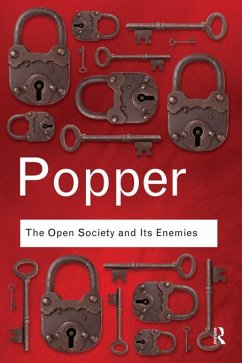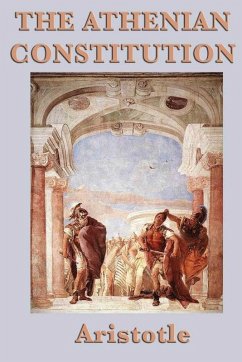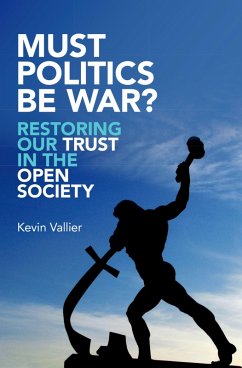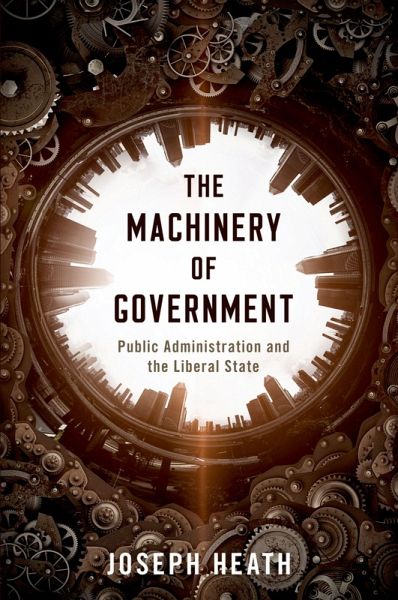
The Machinery of Government (eBook, ePUB)
Public Administration and the Liberal State
Versandkostenfrei!
Sofort per Download lieferbar
12,95 €
inkl. MwSt.
Weitere Ausgaben:

PAYBACK Punkte
6 °P sammeln!
In political theory, the traditional model of state power was that elected officials make policy decisions which are then faithfully executed by a lower cadre of public servants. The complexity of the modern state, however, leaves this model outdated. The vast number of economic and social problems it confronts is such that a great deal of rule-making power is now delegated to a class of civil servants. Yet many political philosophers have not taken this model up, and the field has ignored the important role played by the class of "permanent" state officials--the "deep state" as some call it--...
In political theory, the traditional model of state power was that elected officials make policy decisions which are then faithfully executed by a lower cadre of public servants. The complexity of the modern state, however, leaves this model outdated. The vast number of economic and social problems it confronts is such that a great deal of rule-making power is now delegated to a class of civil servants. Yet many political philosophers have not taken this model up, and the field has ignored the important role played by the class of "permanent" state officials--the "deep state" as some call it--in liberal states. In most liberal democracies for example, the central bank is as independent as the supreme court, yet deals with a wide range of economic, social, and political issues. How do these public servants make these policy decisions? What normative principles inform their judgments? In The Machinery of Government, Joseph Heath attempts to answer these questions. He looks to the actual practice of public administration to see how normative questions are addressed. More broadly, he attempts to provide the outlines of a "philosophy of the executive" by taking seriously the claim to political authority of the most neglected of the three branches of the state. Heath both provides a corrective to the prevailing tendency to underestimate the contribution of civil servants to the success of liberal-democratic welfare states, and suggests a more satisfactory account of the principles implicit in public administration.
Dieser Download kann aus rechtlichen Gründen nur mit Rechnungsadresse in A, B, BG, CY, CZ, D, DK, EW, E, FIN, F, GR, HR, H, IRL, I, LT, L, LR, M, NL, PL, P, R, S, SLO, SK ausgeliefert werden.





